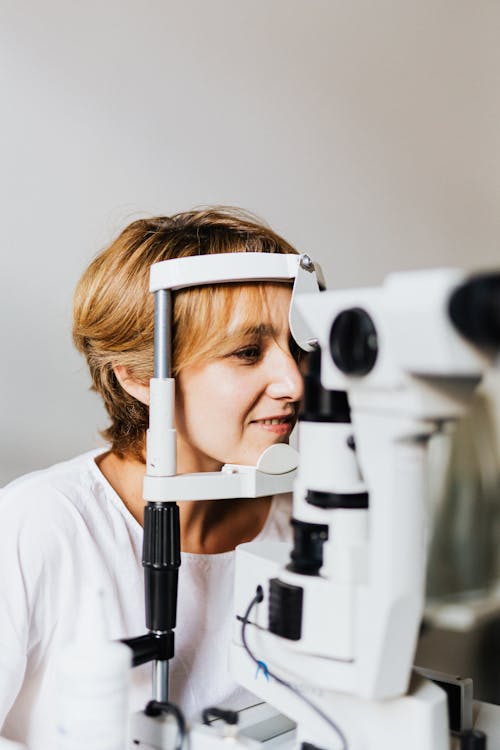The Importance of Regular Vision Appointments
Regular vision appointments play a crucial role in maintaining eye health and overall well-being. They help in early detection of conditions, prescription updates, and education on proper eye care. This article discusses the reasons for scheduling routine eye exams, what to expect during appointments, and how to prepare for them.
Introduction to Vision Appointments
Vision appointments are essential for maintaining optimal eye health. Many people underestimate the importance of regular eye exams, often scheduling them only when experiencing problems with their vision. However, routine eye check-ups can help detect eye diseases early and are crucial for patients of all ages. This article presents a comprehensive understanding of why vision appointments are necessary and what one can expect.
The Role of Eye Exams in Detecting Conditions
One of the primary reasons to schedule regular vision appointments is their role in early detection. Many eye conditions, including glaucoma, cataracts, and macular degeneration, may not present noticeable symptoms until significant damage has occurred. By having consistent eye exams, patients can identify problems before they reach a critical stage, allowing for timely interventions and potentially preventing vision loss.
Understanding the Various Eye Tests
During an eye appointment, patients undergo several tests aimed at assessing their vision and eye health. Basic vision tests assess clarity and focus, while additional tests may evaluate peripheral vision, depth perception, and color vision. Furthermore, eye doctors will often conduct a comprehensive eye exam that includes a dilated eye exam to check for signs of disease. Understanding these tests can help demystify the appointment process and alleviate any anxiety associated with eye exams.
The Importance of Updating Prescriptions
Over time, one’s vision can change due to various factors including age, health conditions, and lifestyle choices. Regular vision appointments ensure that any prescription for glasses or contact lenses is up to date. Wearing glasses or contacts with an outdated prescription can lead to eye strain, headaches, and decreased quality of life. Patients should communicate any changes in their vision to their eye care providers to facilitate timely updates.
Eye Health Education
Vision appointments are also an excellent opportunity for patients to receive education about eye health. Eye care professionals can provide guidance on proper contact lens care, the importance of wearing UV-blocking sunglasses, and tips for reducing digital eye strain. Educating patients about these aspects of eye care can significantly contribute to preserving one’s vision and overall health.
Preparing for Your Eye Appointment
Preparing for a vision appointment can make the visit smoother and more efficient. Patients should bring a list of any current medications, any questions they may have, and their current eyeglasses or contact lenses. Additionally, it may be helpful to keep track of any vision changes or discomforts since the last appointment. Such preparation not only saves time but also ensures the eye doctor can provide the best possible care.
There are several myths surrounding vision appointments that can deter individuals from seeking care. One common belief is that if you can see well, you don’t need an eye exam. In reality, many vision issues are asymptomatic in their early stages, making regular check-ups essential. Dispel these myths to encourage friends and family to prioritize their eye health and seek periodic exams.
Conclusion: Prioritizing Eye Health
In summary, regular vision appointments are a critical part of maintaining eye health and should be a priority for everyone. By understanding the importance of these appointments, the tests conducted, and preparing adequately, individuals can help protect their vision for years to come. Don’t wait for symptoms to arise; ensure you are on a schedule for regular eye check-ups.
